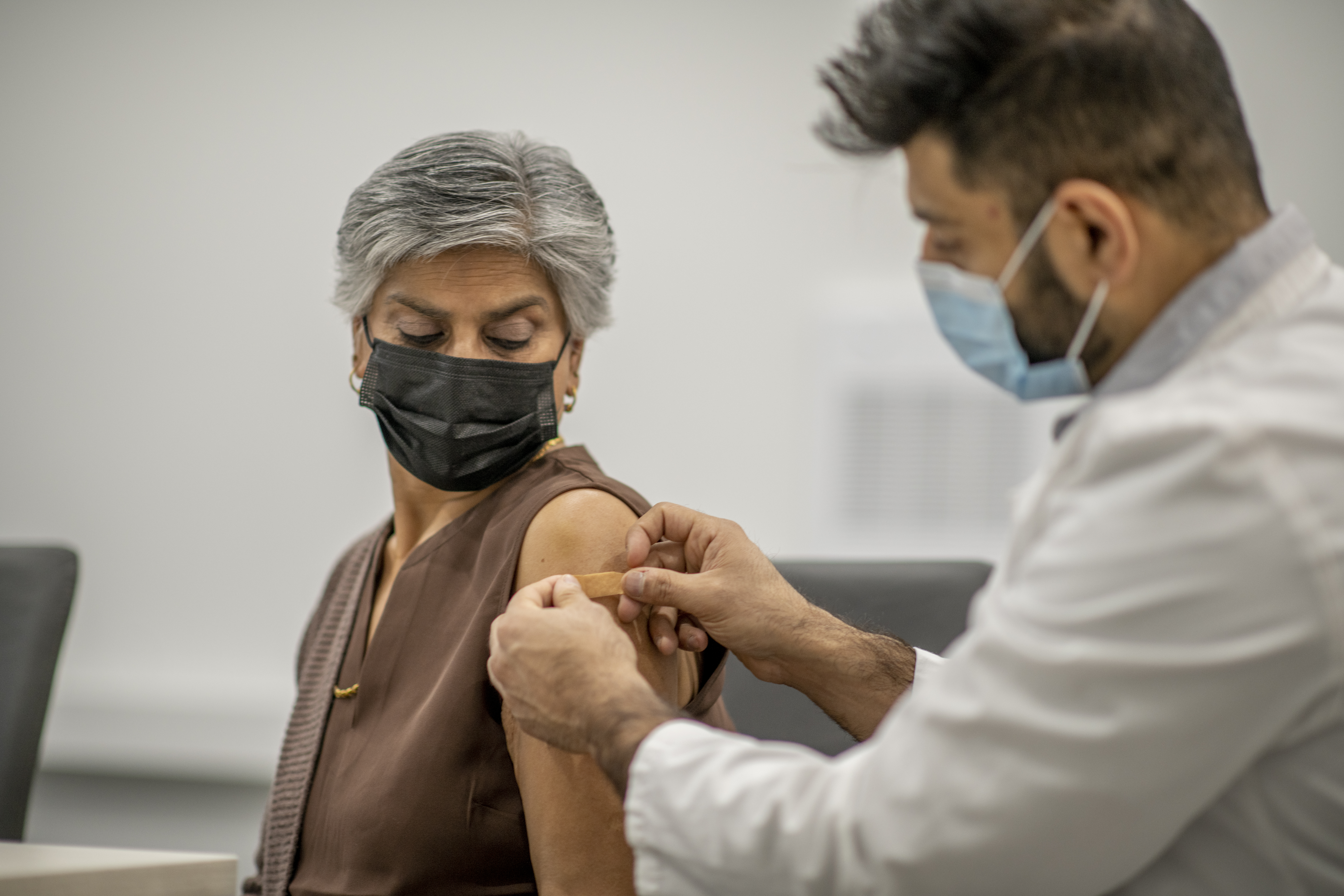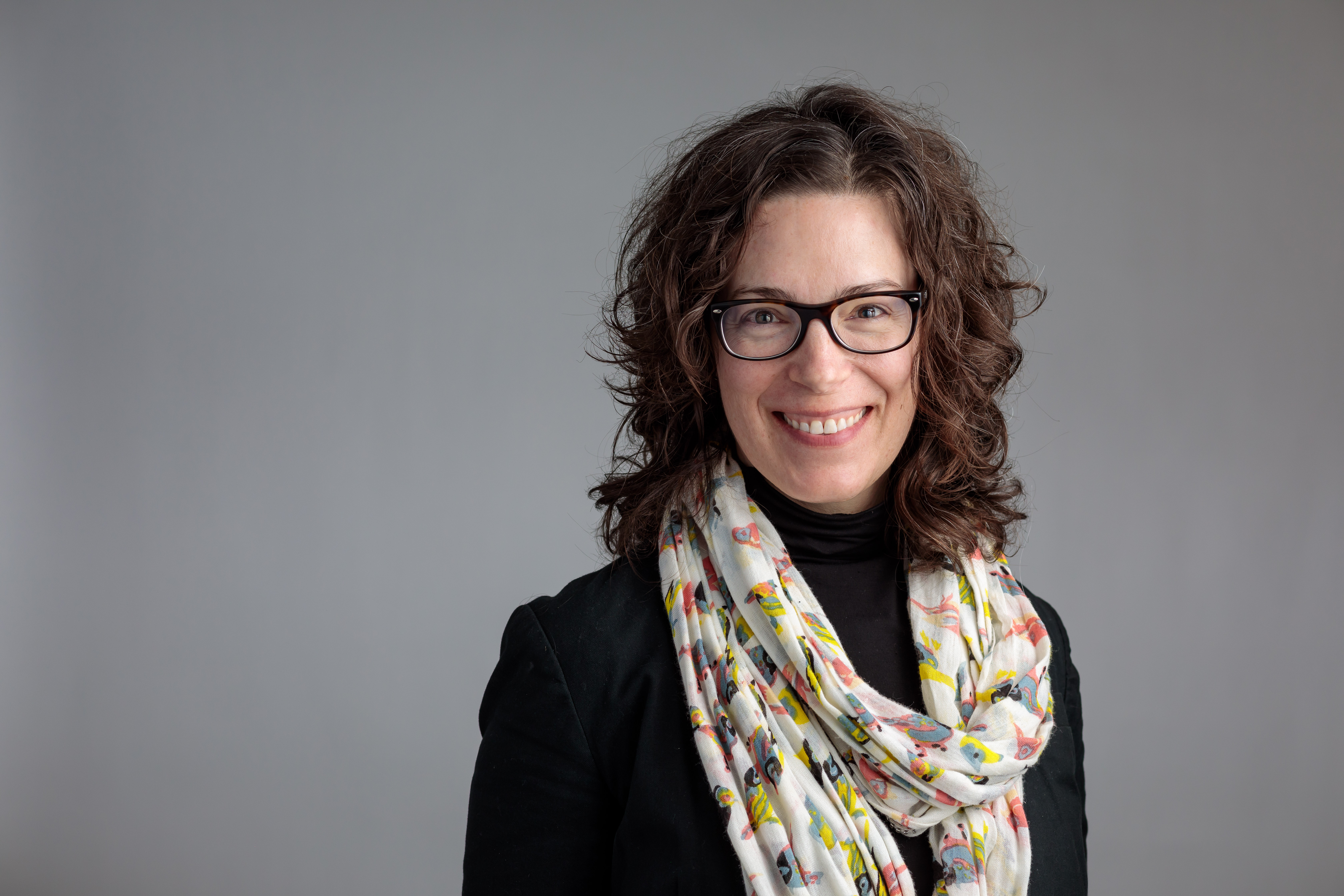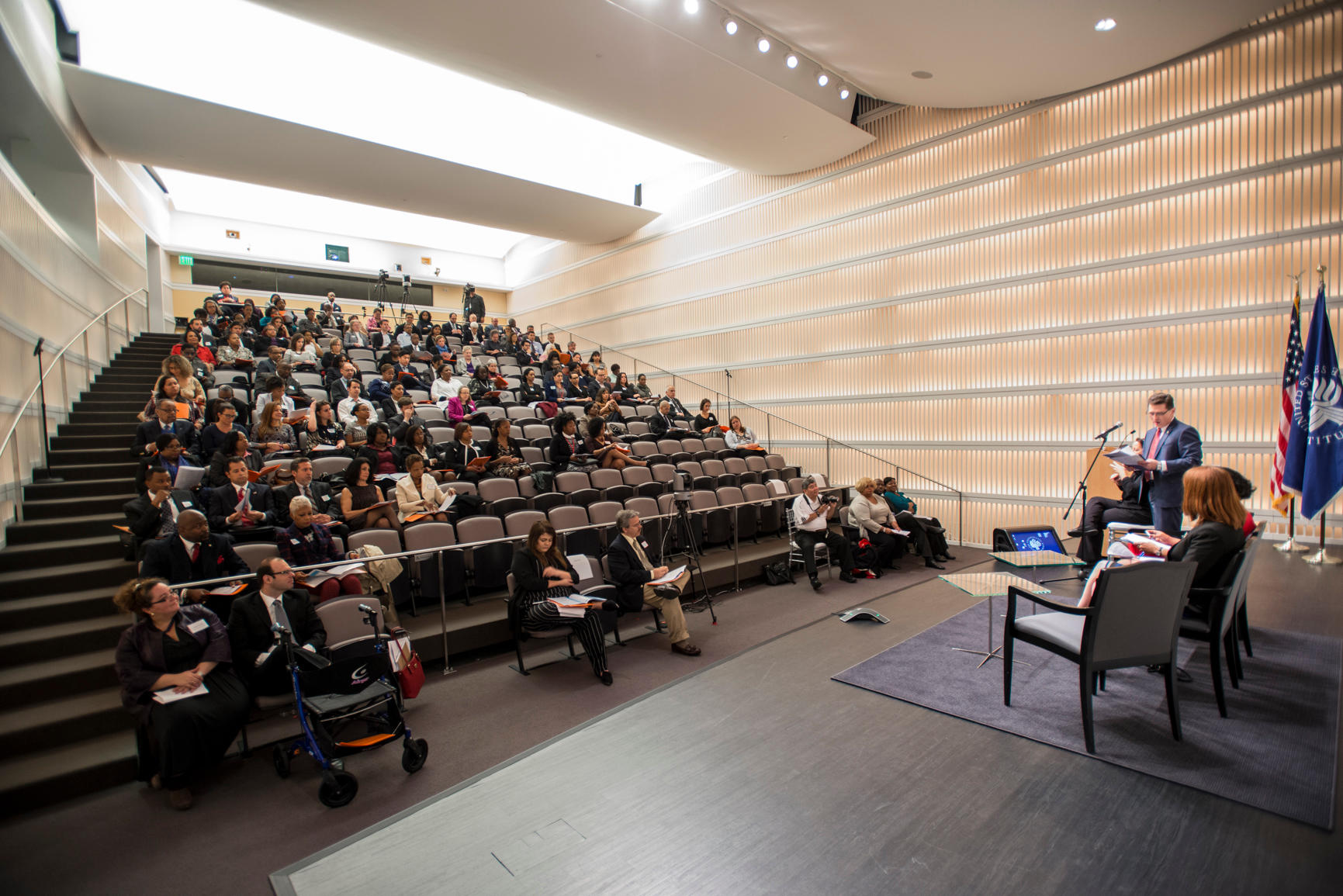Older Adults Awareness of New RSV Vaccine & Willingness to Receive It

Problem
Little data exists on older Americans’ awareness of a new vaccine for respiratory syncytial virus (RSV) or their willingness to receive it.
RSV is a common and contagious virus that typically produces mild symptoms but can put older or chronically ill patients at serious risk. An estimated 60,000 to 160,000 older adults have been hospitalized with RSV each year, and 6,000 to 10,000 die annually from RSV infection, according to the Centers for Disease Control and Prevention.
In May 2023, the U.S. Food and Drug Administration approved the first RSV vaccine in the U.S. for individuals 60 years of age and older, but there was very little data on whether the targeted population was aware of the new vaccine or willing to receive it.
Solution
NORC conducted an analysis using its Foresight 50+ survey to assess awareness of the RSV vaccine among U.S. adults aged 50 and older.
Between July 20-24, 2023, during the Foresight 50+ monthly omnibus survey, a poll was conducted with U.S. adults aged 50 and older. The sample included 1,012 interviews with a nationally representative sample (margin of error +/- 4.3 percentage points) of adults aged 50 and older, of which 964 respondents completed the survey via the web and 48 completed the survey via telephone. The survey was fielded for a second time between September 15-18, 2023, with 1,019 interviews of a nationally representative sample (margin of error +/- 4.2 percentage points) of adults aged 50 and older.
Participants were asked about general awareness of RSV, awareness of RSV vaccine, likelihood of getting the RSV vaccine when available, and reasons for not getting the vaccine if hesitant.
Result
Awareness of RSV and the new vaccine increased between July and September 2023, but older adults were split on whether to receive it.
NORC’s Foresight 50+ poll in September 2023 revealed that about half of adults over 50 had heard about the RSV vaccine, up from only 30 percent two months earlier, in July. Respondents also reported an increase in awareness of RSV in general, with about half (49 percent) of respondents saying they had read or heard some or a lot about RSV, up from 39 percent in July. This increase in knowledge about RSV and awareness of the vaccine increased across gender, race/ethnicity, education, and income. The lowest level of awareness and lowest increase in awareness between July and September was in older adults with the lowest level of formal education (no high school diploma).
While slightly more respondents made a decision on whether to get the vaccine (53 percent noted they were “unsure” in July, compared to 48 percent in September), those who had made a decision were split between getting and not getting the vaccine. Thirty percent of older adults responded that they definitely would get the vaccine (about the same as the 27 percent in July) and 22 percent responded that they definitely would not get the vaccine (about the same as the 20 percent in July).
The top reasons cited for hesitancy remained consistent from July to September, including:
- Concerns about the side effects (43 percent in July, 45 percent in September)
- Concerns about the vaccine development and approval (38 percent in July, 38 percent in September)
- Lack of concern about getting seriously ill from RSV (30 percent in July, 29 percent in September)









